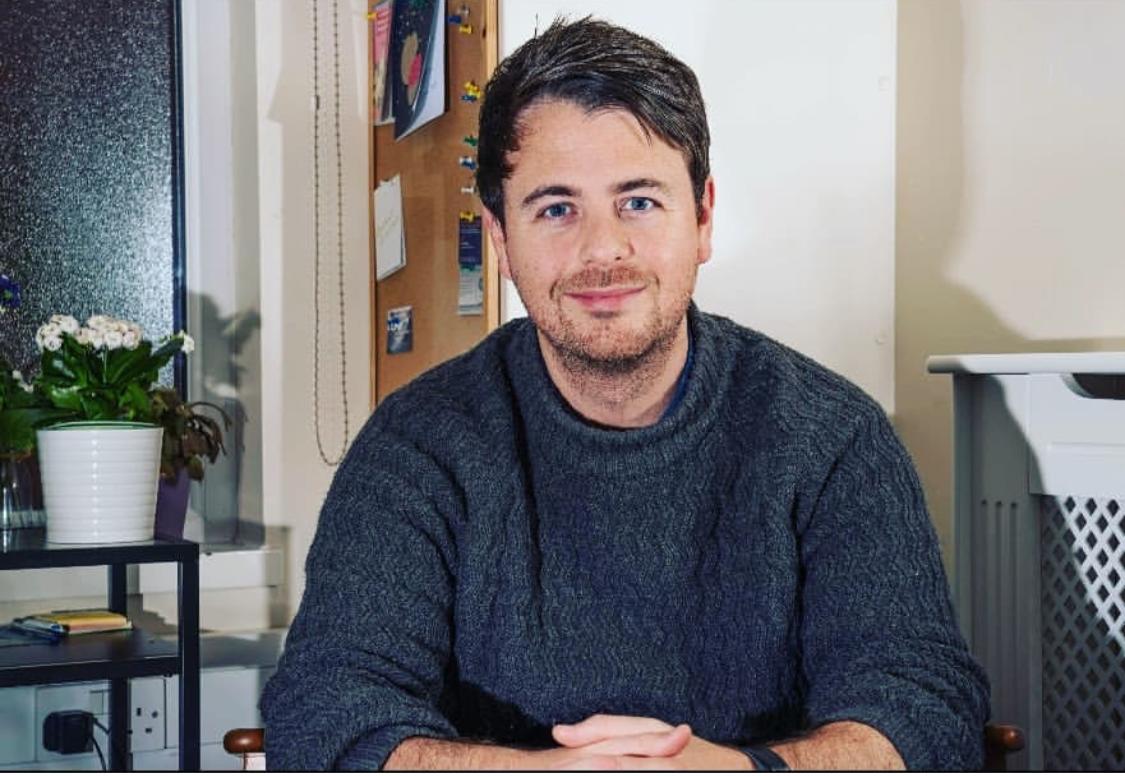It’ll be of no surprise to hear that many people have found the coronavirus pandemic to be stressful in a variety of ways. Joshua Fletcher, a UK-based Psychotherapist and Author, specialises in working with anxiety and reports that the number of anxiety-related enquiries he has received has sky-rocketed.
“It’s not just the amount of enquiries I have received; many of my colleagues have full caseloads and are inundated with people requesting help for various anxiety-related issues, such as panic attacks, agoraphobia, social anxiety and just general, overwhelming worry.” Fletcher claims.
Joshua has featured quite a bit in the media as of recent. He recently did some recording with the BBC and has done various interviews. We reached out and asked him what his advice would be to people who are perhaps experiencing anxiety and worry in these strange times. He helpfully broke down some helpful tips for us:
Acknowledge and label feelings and sensations as ‘anxiety’.
“Just acknowledging what is happening can be empowering to anyone suffering from anxiety. If you are experiencing heightened fear, racing thoughts, a sense of dread or doom, a racing heart, feeling spaced out, sweating, as well as anything from a long list of anxiety symptoms, then it’s ok to bundle it all as one problem, rather than multiple points of focus. This is just anxiety, which is just adrenaline being pumped through your system, nothing more. Anxiety and panic can not hurt you, so just try to accept it, as it will always pass. Say to yourself, “This is just anxiety. This is just adrenaline.” “
Catch the ‘What if?” thoughts and don’t engage
“Anxiety always comes with a myriad of What if?sand they are always boring and predictable.Some examples are, “what if I get ill?”, “what if I lose control?”, “what if I have broken my mind?”, “what if I lose all those close to me?”, “what if I die from COVID?”, “what if I never feel normal again?”. These are all very common thoughts. Much like the feelings and emotions associated with anxiety, I advise to catch your What If? thoughts and label them as ‘just anxiety’ too. This helps to simplify the problem and give us a more manageable workload of worry to deal with.
Don’t make how you feel the center of your life
“Newly anxious people, particularly those who have recently experience their first panic attack, are often shocked at how they have been blindsided by these overwhelming feelings and sensations. They can often stop living their life and obsess on this new phenomena, because they believe that feeling anxious is somehow a warning, or a danger in itself. One of my main rules is to continue doing what you would be doing if you were not anxious. Say to yourself, “what would non-anxious me be doing right now?” and commit to it.
Share how you feel with those you trust
“Anxiety thrives off of being a stigma or taboo subject. If you feel ashamed about feeling anxious and scared, then don’t! Anxiety is a very normal emotion that everyone experiences, it’s just that sometimes some of us are more biologically susceptible than others, due to our inherited genetics and certain environmental factors. If you feel comfortable, try sharing it with people around you
Accept, don’t fix
“It’s really important to try and not pour all of your efforts into trying to ‘fix’ yourself. There is nothing wrong with you, so the more you try to fix yourself, the more you are telling and convincing your brain that there is something wrong with you. When the physical and mental symptoms of anxiety and panic arise, just acknowledge that a wave of anxiety has started and that it will pass soon. Don’t be pulled into the trap of fighting or trying to fix how you feel, because the resistance only adds more stress, which in turn adds more anxiety! Just accept and continue what you were doing. Do not stop and attempt to fix. The anxiety will always pass by itself and passes quicker when you convince it that it isn’t needed.”
Joshua is the author of two best-selling anxiety books, Anxiety: Panicking about Panic and Anxiety: Practical about Panic.


